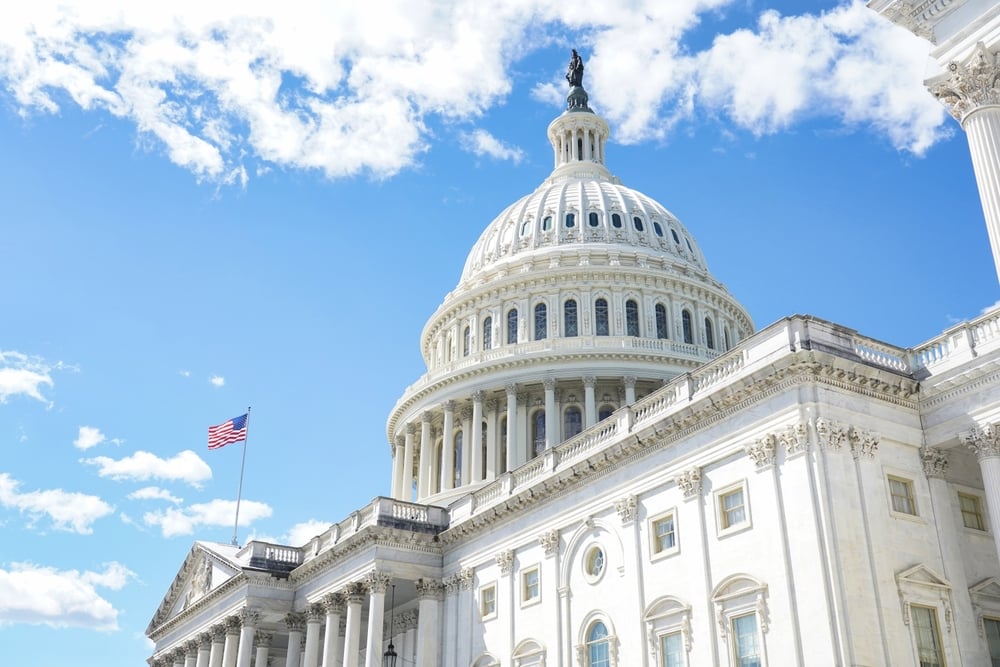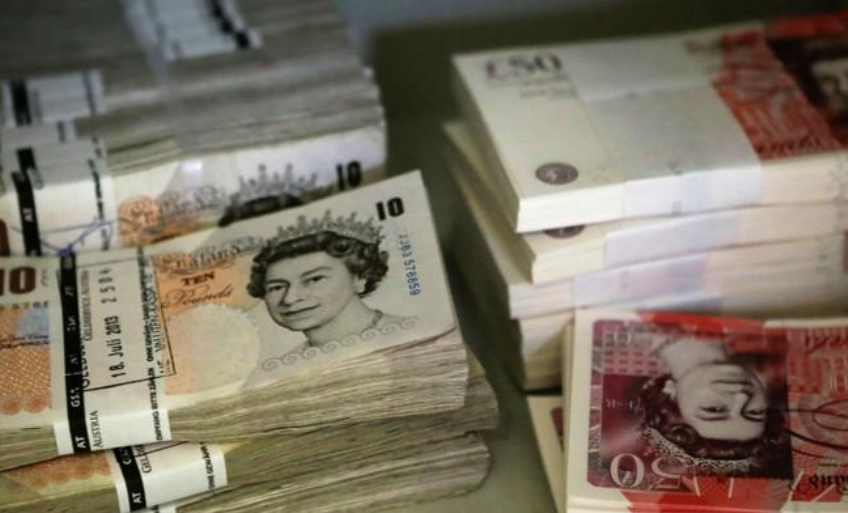Publisher: Maaal International Media Company
License: 465734
Dollar slips as inflation in focus, Ueda nominated as BOJ governor
The dollar was broadly lower on Tuesday ahead of a keenly anticipated inflation report, while the yen strengthened as surprise pick Kazuo Ueda was nominated to be the next governor of Bank of Japan, Reuters reported.
Markets are looking to the U.S. consumer price index (CPI) data for further clues on Federal Reserve’s policy outlook, with the headline number expected to rise 0.5% in January, according to a Reuters poll, after falling 0.1% in December.
The dollar index, which measures the U.S. currency against six major rivals, eased 0.107% to 103.09, having slipped 0.34% overnight.
اقرأ المزيد
The index is up 1% for the month of February but is far off the 20-year peak of 114.78 it touched in September when the Fed was in the midst of its jumbo rate hikes. Since then, the Fed has tempered its pace of rate hikes.
The U.S. central bank earlier this month raised interest rates by 25 basis points but said that it was turning the corner in its fight against inflation.
The euro was up 0.14% at $1.0735, having risen 0.435% the previous session. Sterling was last trading at $1.2147, up 0.10% on the day, after rising 0.68%.
The Australian dollar added 0.10% to $0.697, while the kiwi fell 0.06% to $0.635. NEW BOJ GOV Japan’s government named academic Kazuo Ueda as its pick to become the next central bank governor, with investors betting that the surprise choice could preclude an end to the unpopular yield control policy.
Ueda, a former BOJ policy board member and an academic at Kyoritsu Women’s University, is considered an expert on monetary policy but had not even been seen as a dark horse candidate for the top job.
National Australia Bank’s currency strategist Rodrigo Catril said Ueda is regarded as a sensible choice as he is not a fully committed “uber dove” and he should have more flexibility as an outsider. The Japanese yen strengthened 0.46% to 131.82 per dollar on Tuesday, having slipped 0.7% in the previous session.
The yen dropped sharply last year to a 32-year low of 151.94 per dollar as U.S. rates rose and Japanese rates stayed near zero, but it has since recouped those losses as the Fed looks to pause its tightening while speculation increase that the BOJ will move away from its ultra-loose policy.
Data on Tuesday showed Japan’s economy averted recession but rebounded much less than expected in October-December as business investment slumped, meaning an exit from stimulus will prove a challenge for the BOJ.
“We believe that the modest recovery will continue this year, but today’s data support the Bank of Japan’s argument that the recovery is still fragile and that easy monetary policy is needed,” ING economists said in a note. “The incoming new governor will find it difficult to start any normalization.









